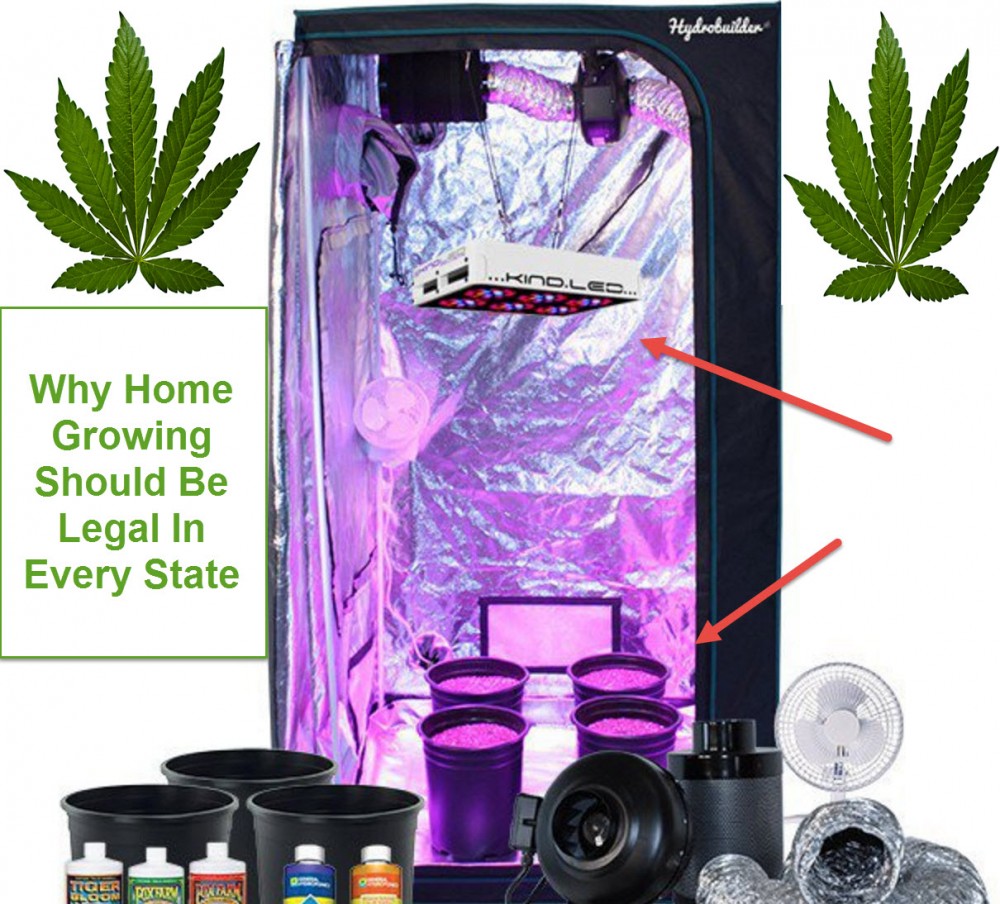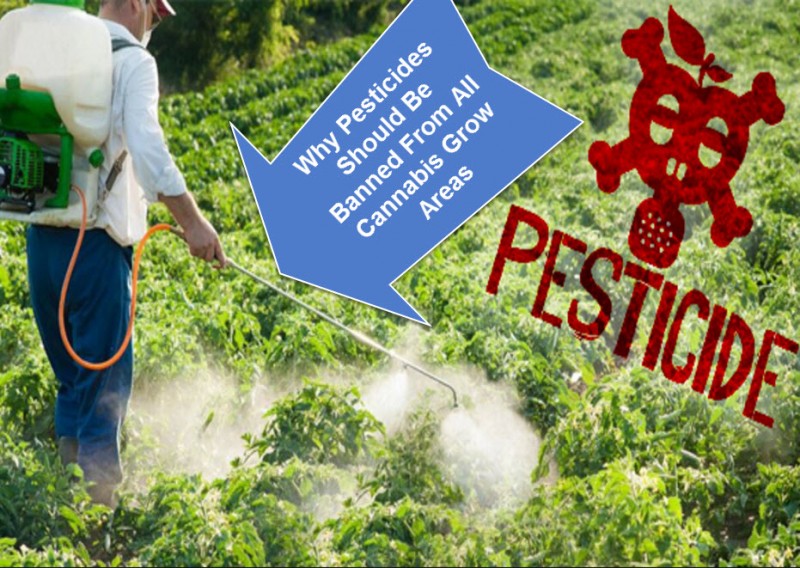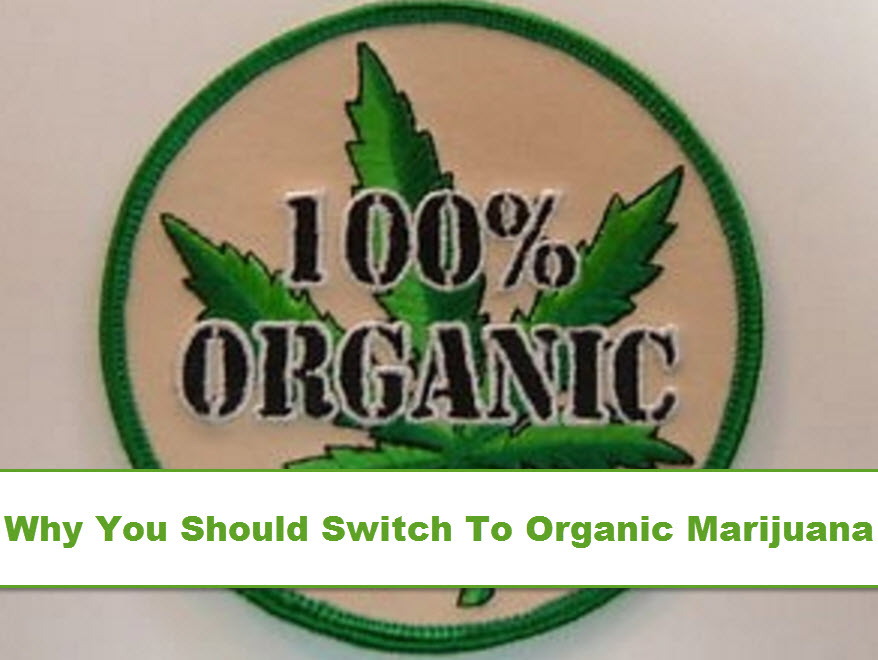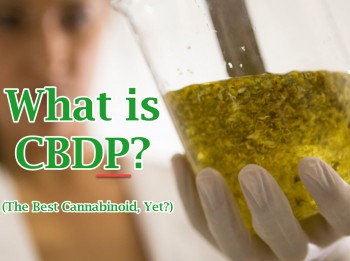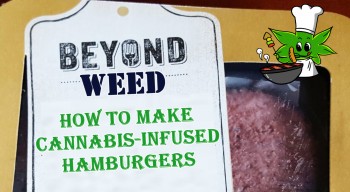Washington Will Conduct Random Pesticide Testing In Commercial Cultivation Facilities
Why We Should Ban All Pesticide Use on Cannabis Plants from CannabisNet on Vimeo.
Think random testing is only at the workplace? Think again.
Bad news for Monsanto. Some cannabis farmers still resort to using pesticides on their greens, for the same reason that food farmers still use the nasty stuff. Even a minor infestation can damage your growth, which is unfortunate as much as it is expensive.
Some pesticides can cause serious harm for humans that consume the plant that has been tainted by it. Despite this, some cannabusinesses are still more concerned about the money rather than the health of their consumers. The issue has grown and has gotten the attention of authorities in the legal marijuana scene in Washington as well as Colorado.
The Washington State Liquor and Cannabis Board teamed up with the Washington State Department of Agriculture to conduct random testing on cannabis plants all around the state. Washington hopes to be able to test at least 75 plant samples on a monthly basis. The method will rely on some customer complaints in choosing which facilities to test although a large portion of it will be completely random, to dissuade those who are still using illegal and harmful forms of pesticides.
“This agreement will significantly expand the state’s ability to test for pesticides,” says Rick Garza, director of the Washington State Liquor and Cannabis Boad. In a press release, he also adds, “Testing for pesticides is a complex and costly process. Labs need specialized equipment and highly-trained staff to carry out the tests. This agreement will satisfy those obstacles. It will send a strong message to any producer applying illegal pesticides that they will be caught and face significant penalties, including possible cancellation of the license.”
Washington is going to shell out $1.15 million in testing equipment and will also hire two full time staff to help oversee and conduct testing. They are on the lookout for any of 100 pesticides that are banned for marijuana plants. The Washington State Agricultural Department posted a full list on their website as well as the Washington State University’s Pesticide Information Center online.
Cannabis cultivators can actually choose from 330 pesticides that have been approved safe for use on the plants, so why do some growers still insist on using any of the 100 harmful pesticides?
Thanks to this new agreement that protects the health and safety of cannabis consumers, we can now make more-informed choices when buying our medicine. Cannabis legalization has brought attention to the issue of pesticides, an issue which has been kept out of the spotlight for a long time. Although the plant has numerous health benefits that we all know about, it kind of just negates it if we’re consuming a plant that’s been exposed to chemicals that can cause us cancer doesn’t it?
Hopefully Washington sets up a system that works efficiently so that other states can replicate the model in the future. If this does work, it looks like we’ll see the same testing policies being carried out by other states in the near future, both for recreational as well as medicinal cannabis.
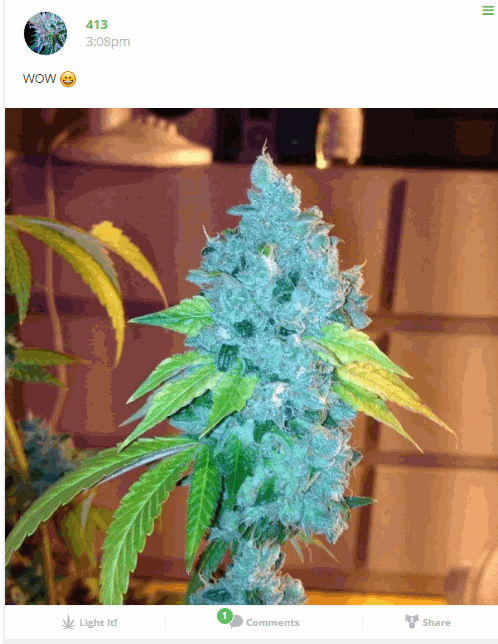
More cultivators are also resorting to organic growing methods for cannabis. It’s much safer for everyone and the environment. Even California has begun to take note of this concern. Back in 2009, 3 samples of medical cannabis were tested by the LA City Attorney’s office, each of which were sourced from different dispensaries. The results showed alarmingly high levels of bifenthrin in 2 of the samples, an insecticide which is classified as a carcinogen. One of the samples contained 1,600 times the amount that is legally safe for human consumption while the other sample had 85 times the legal amount. In fact many of the pesticides that are being used for cannabis are only intended for use on golf courses, lawns, and other non-edibles!
Since cannabis is usually inhaled or smoked instead of eaten, the pesticides can take the highway straight to your lungs and the blood stream. The harmful effects of pesticides on cannabis are even more harmful for medical cannabis patients who already have existing health problems.
While cannabis is still illegal on the federal level, the FDA still won’t regulate it the way they do with other kinds of produce on the market. Marijuana farmers can’t label their products with a certified organic status. It’s impossible to tell by looking at a cannabis plant if it’s been laced with pesticides.For those who live in other states where cannabis is legal, your best bet is to buy your cannabis from a trusted source; one that you know grows organic. Or you might even want to try growing your own weed so you know exactly what goes in it.
OTHER STORIES YOU MAY ENJOY READING...
WHY YOU NEED TO SWITCH TO ORGANIC CANNABIS, CLICK HERE...
OR...
